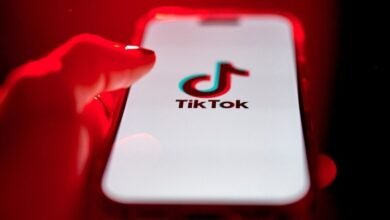Are there ‘real’ whole eggs on your fast-food breakfast sandwich?
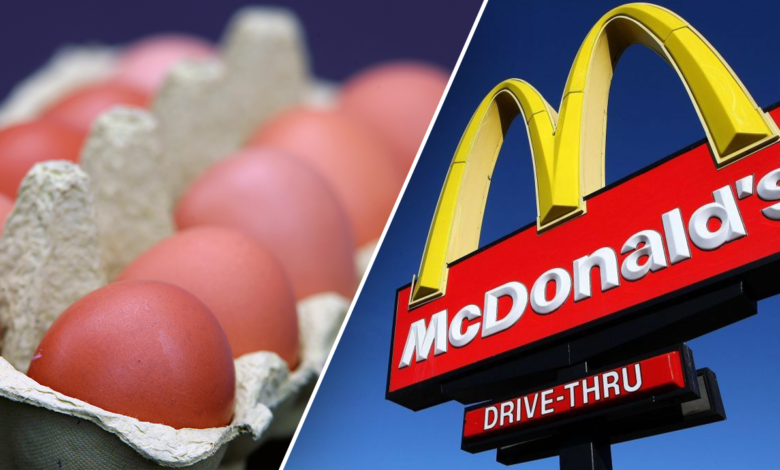
When placing an order at the drive-thru for an egg sandwich, one might expect there to be a real egg inside. However, a look at ingredients in popular breakfast items sold at fast food chains shows some restaurants are selling items that might not contain what customers consider “100% real egg.”
The U.S. Department of Agriculture’s Food Safety and Inspection Service (FSIS) notes food manufacturers often use pasteurized egg products because of their convenience and ease in handling and storing.
Egg products are also required to be edible without additional preparation to ensure food safety, according to the FSIS. This makes egg products processed in sanitary facilities that are inspected by the department of agriculture more appealing to fast-food chains, restaurants, and care facilities like hospitals and nursing homes.
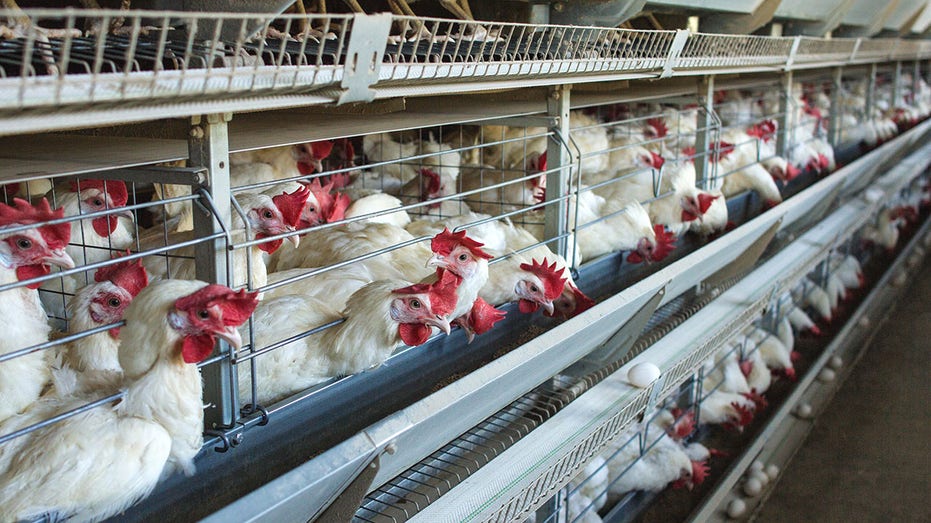
Chickens at a commercial farm. (iStock / iStock)
BLUE STATE OUTLAWS MOST EGGS UNLESS CAGE-FREE, BEFORE NEW YEAR
Here’s a look at five fast food chains that have items containing whole eggs on their menus, and five chains that don’t.
DO: McDonald’s
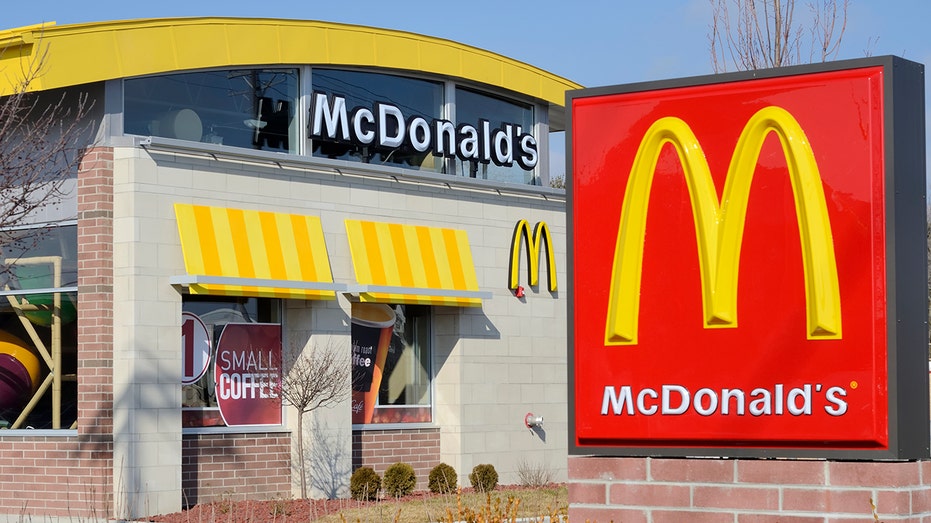
McDonald’s breakfast items are made with real eggs.
McDonald’s breakfast menu items are all made with real whole eggs, but each is prepared differently.
The chain’s signature round egg, found on an Egg McMuffin, is made with a USDA Grade A egg cracked into an “egg ring.”
However, it’s scrambled and folded eggs – like the ones on a bacon, egg and cheese biscuit – are made with liquid eggs that are pre-cooked and folded before being flash frozen by its suppliers, according to McDonald’s. Once they arrive at a local kitchen, they are prepared on a grill with real butter.
McDonald’s sausage burrito eggs are pre-cooked liquid eggs with ingredients including: sausage, tomatoes, green chilies, onions and seasonings, before flash freezing to help maintain their taste, according to the company.
DON’T: Starbucks

The Starbucks logo is displayed on a cup and bag at a Starbucks store in San Francisco. (Justin Sullivan/Getty Images / Getty Images)
Starbucks lists its breakfast sandwich as containing “whole eggs,” but the long list of additives that follow distinguishes the item from something that could be found in a grocery store or household refrigerator.
Some of the additives listed include: water, soybean oil, modified food starch, whey solids, and citric acid, according to nutrition facts.
Other items on the breakfast menu, such as the egg bites, list egg whites alongside other additives.
STARBUCKS WORKERS EXPAND STRIKE, CLOSING NEARLY 60 STORES IN SEVERAL US CITIES
DO: Taco Bell
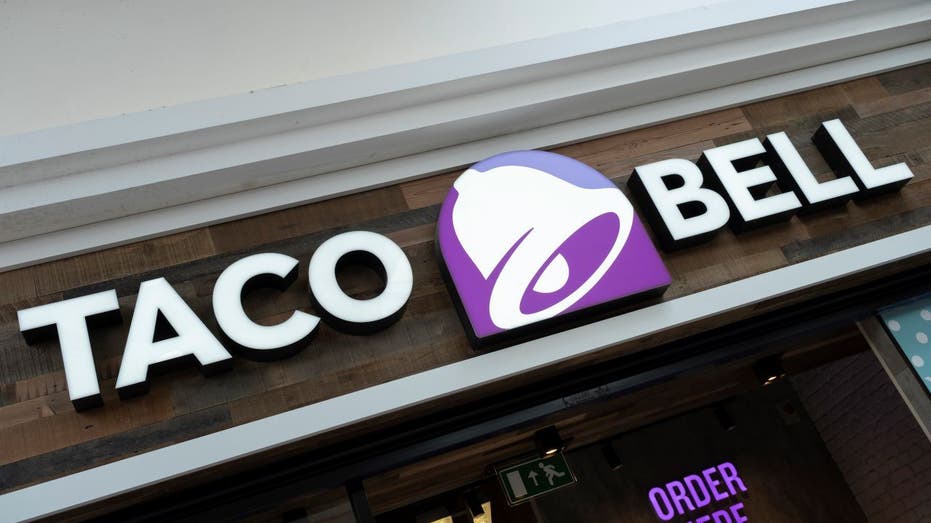
Sign for the fast food brand Taco Bell on 18th May 2022 in London, United Kingdom. Taco Bell is an American-based chain of fast food restaurants founded in 1962 by Glen Bell. (Mike Kemp/In Pictures via Getty Images / Getty Images)
After making a commitment to source real, whole eggs, Taco Bell succeeded in transitioning to carry 100% whole cage-free eggs in all U.S. Taco Bell restaurants.
“We’re proud that our eggs come from hens raised in an open environment where they can feel comfortable and display their natural behaviors,” the company wrote in a statement on its website.
Taco Bell expanded its commitment, also serving 100% cage-free egg ingredients across its entire menu in all U.S. and Canada restaurants, including limited-time offerings such as specialty sauces, according to the company.
DON’T: Chick-fil-A

Chick-fil-A launches new Egg White Grill breakfast sandwich nationwide on July 18. (Chick-fil-A / Fox News)
Chick-fil-A openly admits it does not yet serve 100% cage-free eggs, but claims it is working toward the goal.
The eggs that it serves are made from whole eggs, water and other additives, according to nutrition facts.
“We’re dedicated to prioritizing ingredient transparency and responsible sourcing partnerships, which is why we’ve made a commitment to source only 100% cage-free eggs by 2026,” the company wrote in a statement on its website.
DO: Wendy’s
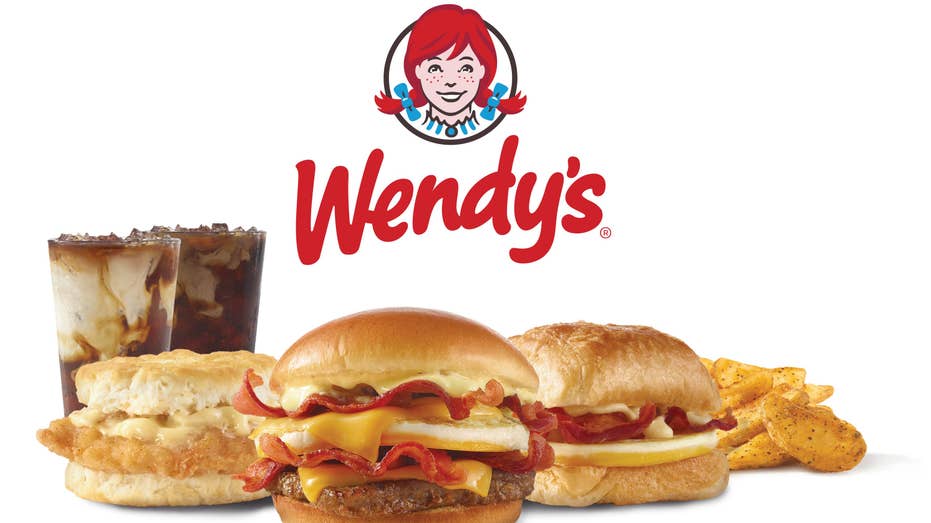
Wendy’s announced its 2020 plans for a national breakfast expansion. (Wendy’s)
Wendy’s only uses fresh-cracked, Grade-A eggs on its breakfast sandwiches, according to its website.
Further, the company’s U.S. egg suppliers are required to have independent, third-party audits conducted annually by auditors certified by the Professional Animal Auditor Certification Organization (PAACO).
“We work closely with our suppliers and industry experts as part of our responsible sourcing goal and through the Wendy’s Animal Care Standards Program to drive continuous improvement,” according to Wendy’s.
WENDY’S TO CLOSE 140 RESTAURANTS BY THE END OF THE YEAR
Since its establishment in 2004, PAACO has been the authority on animal welfare auditing. Prior to its creation, there was no standardization or accreditation for animal welfare auditing.
The organization provides high-quality training and certification credentials for auditors, according to the site.
Some of PAACO’s sustaining partners include McDonald’s, Tyson Foods, The U.S. Poultry and Egg Association and the National Pork Producers Council.
DON’T: Dunkin’
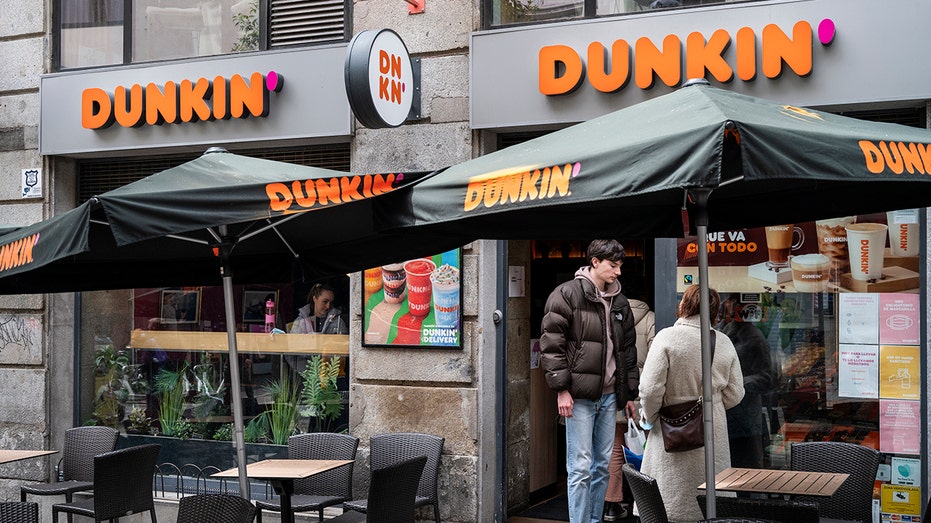
Customers are seen at the American multinational coffee and snack chain Dunkin’ Donuts shop in Spain. ( Xavi Lopez/SOPA Images/LightRocket via Getty Images / Getty Images)
Dunkin’ offers egg patties on various breakfast items, but whether they should be classified as “real whole eggs” is in the eye of the beholder.
The patties include “real” egg, but a number of additives are also mixed in.
Additional ingredients include water, modified corn starch, xanthan gum and citric acid, according to nutrition facts.
DO: Whataburger
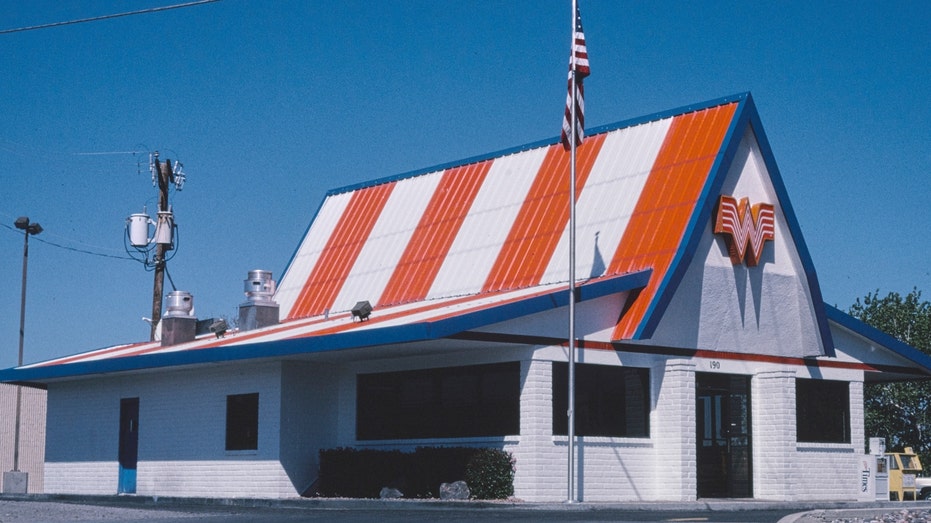
2000s America – A Whataburger location in Las Cruces, New Mexico, 2003. (HUM Images/Universal Images Group via Getty Images / Getty Images)
Whataburger has proved it is “committed to freshness,” offering North American farm-fresh tomatoes, potatoes, lettuce, eggs, poultry and bacon at its locations.
It also serves 100% fresh American beef, fresh vegetables that are chopped in-house daily, cheese made with milk sourced from American dairy farms, and clean-label sucrose ketchups.
All of its suppliers are compliant with local legislation and are committed to certified humane practices, according to the company.
DON’T: Subway
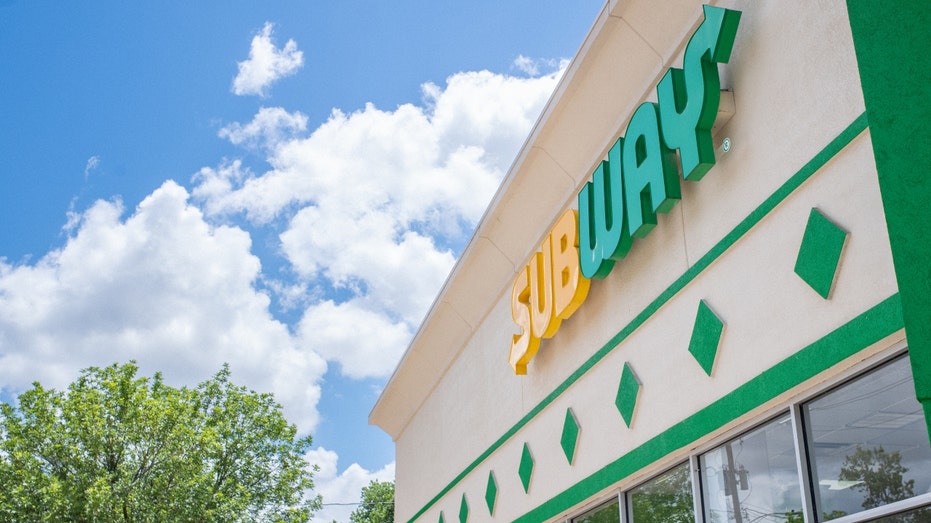
The fast-food chain announced a transition to eggs from cage-free hens by 2025. (Brandon Bell/Getty Images / Getty Images)
While Subway uses eggs in its breakfast sandwiches, they contain a number of additives including dextrose, guae gum, propylene glycol, and glycerin.
The company committed to transitioning to eggs from cage-free hens in North America, but has not yet done so.
“Due to the limited supply at present, 10% of the eggs served in the U.S. and 6% in Canada are from cage-free hens,” according to Subway. “We will continue to increase our percentage of eggs from cage free hens annually with a goal is to transition North America and Latin America to 100% eggs from cage free hens by 2025.”
DO: Panera
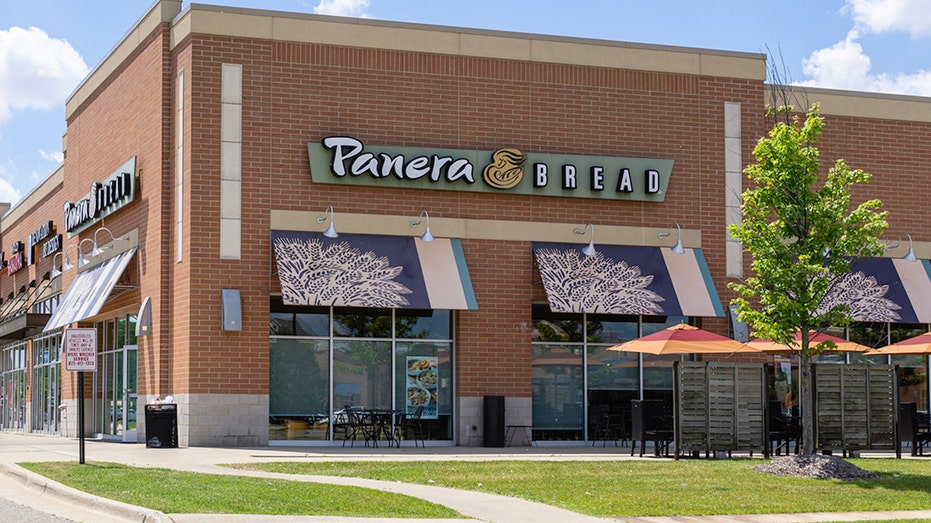
Panera Bakery location in Auburn Hills, Michigan. Panera is a chain of casual sit-down restaurants and cafes in the U.S. (iStock)
Panera offers an egg sandwich made with a freshly cracked egg, which rolled out at the same time as the company petitioned the FDA to clearly define what an “egg” actually is.
The company claimed in 2018 that FDA regulations did not establish a definition or standard for eggs, and many chains offered egg products with more than a dozen additives.
However, it appears not all of Panera’s breakfast items are made with freshly cracked eggs, as some still contain pasteurized egg or liquid whole eggs.
CLICK HERE TO READ MORE ON FOX BUSINESS
DON’T: Burger King
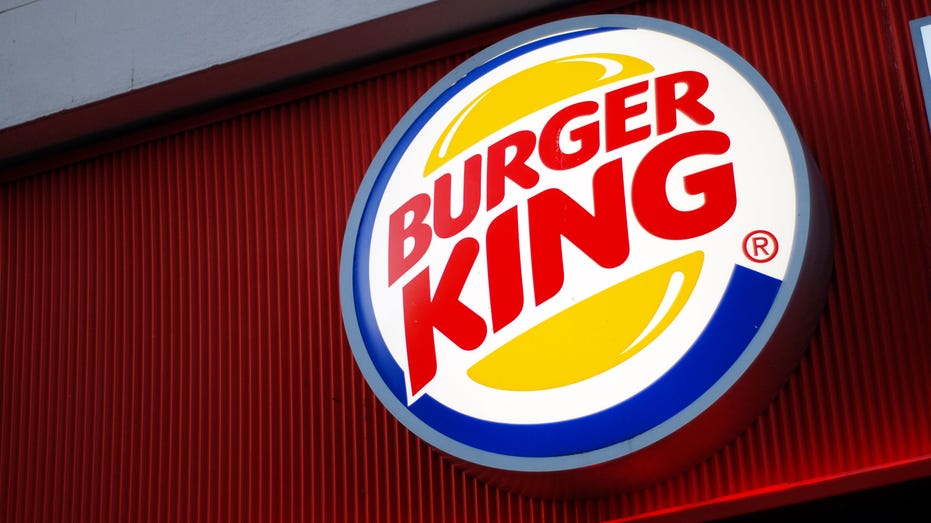
The Burger King fast food chain carries a number of breakfast items that contain a “liquid egg-pasteurized mixture,” according to the company. (iStock / iStock)
The eggs used in Burger King‘s breakfast sandwiches are a “liquid egg-pasteurized mixture” containing a number of additives.
FOX Business observed that nutrition facts for the breakfast sandwiches were pulled from the company’s website.
Starbucks, Chick-fil-A, Dunkin’, Subway and Burger King did not immediately respond to requests for comment Tuesday from FOX Business.
https://a57.foxnews.com/static.foxbusiness.com/foxbusiness.com/content/uploads/2024/12/0/0/egg.png?ve=1&tl=1


